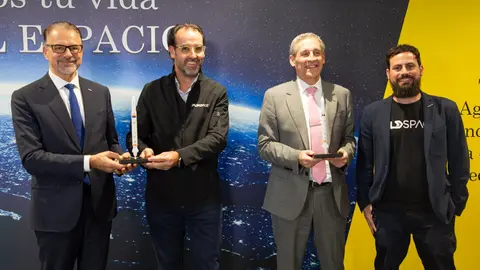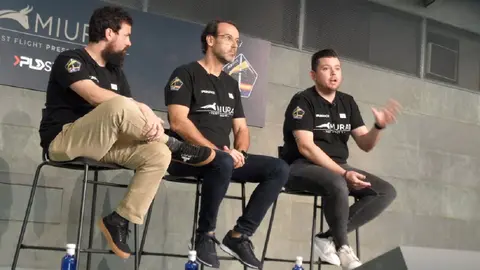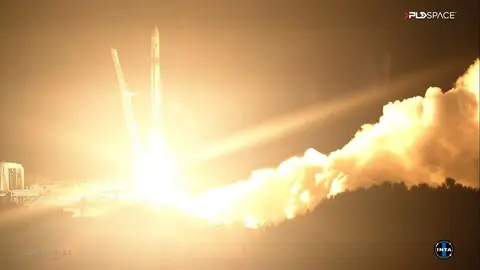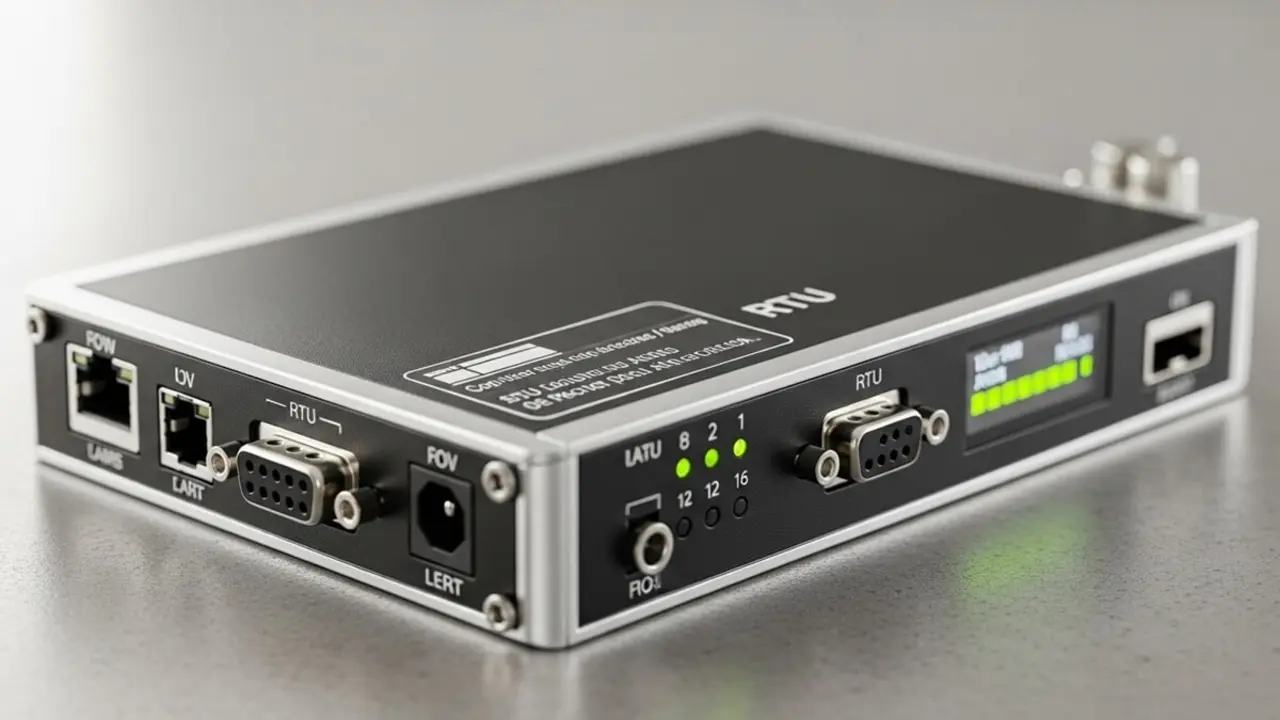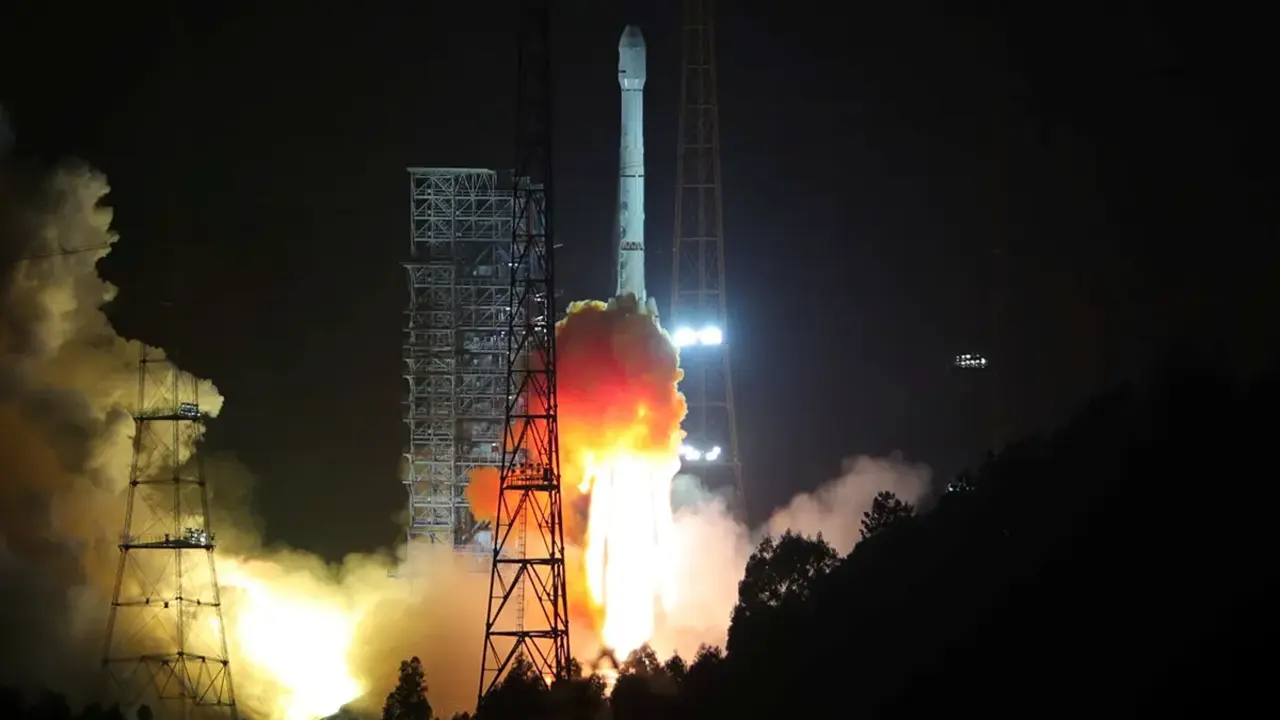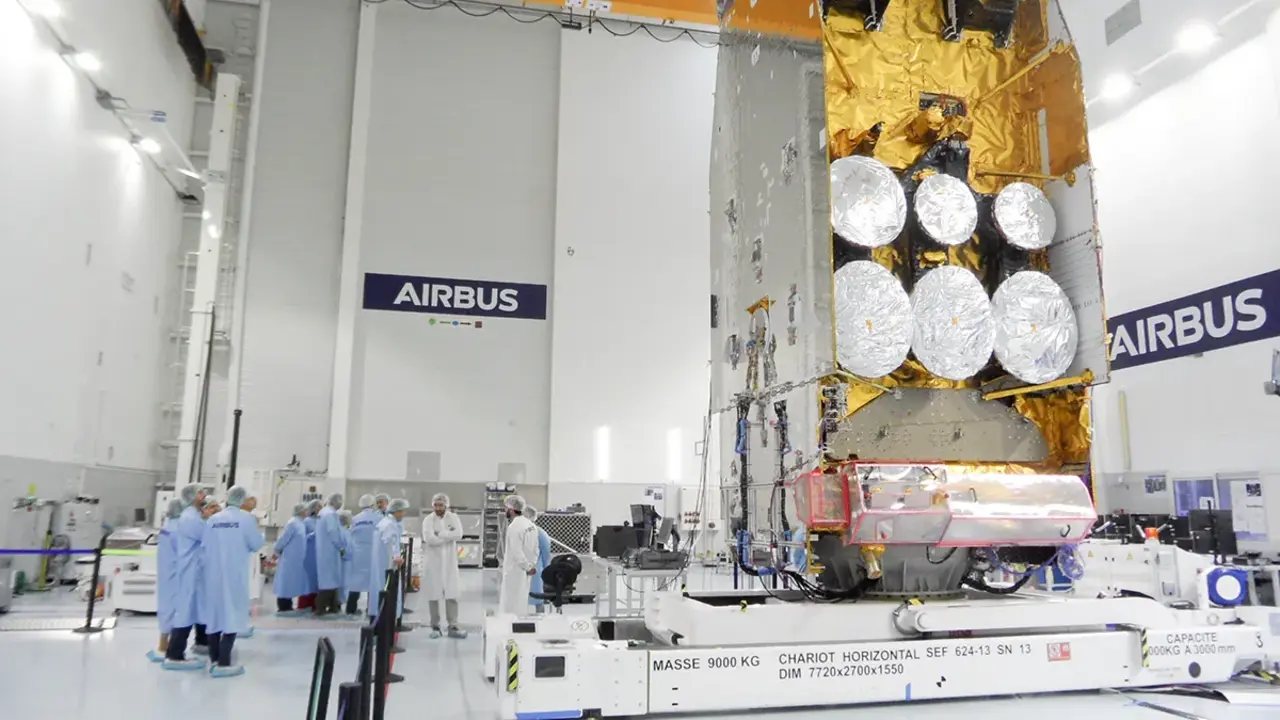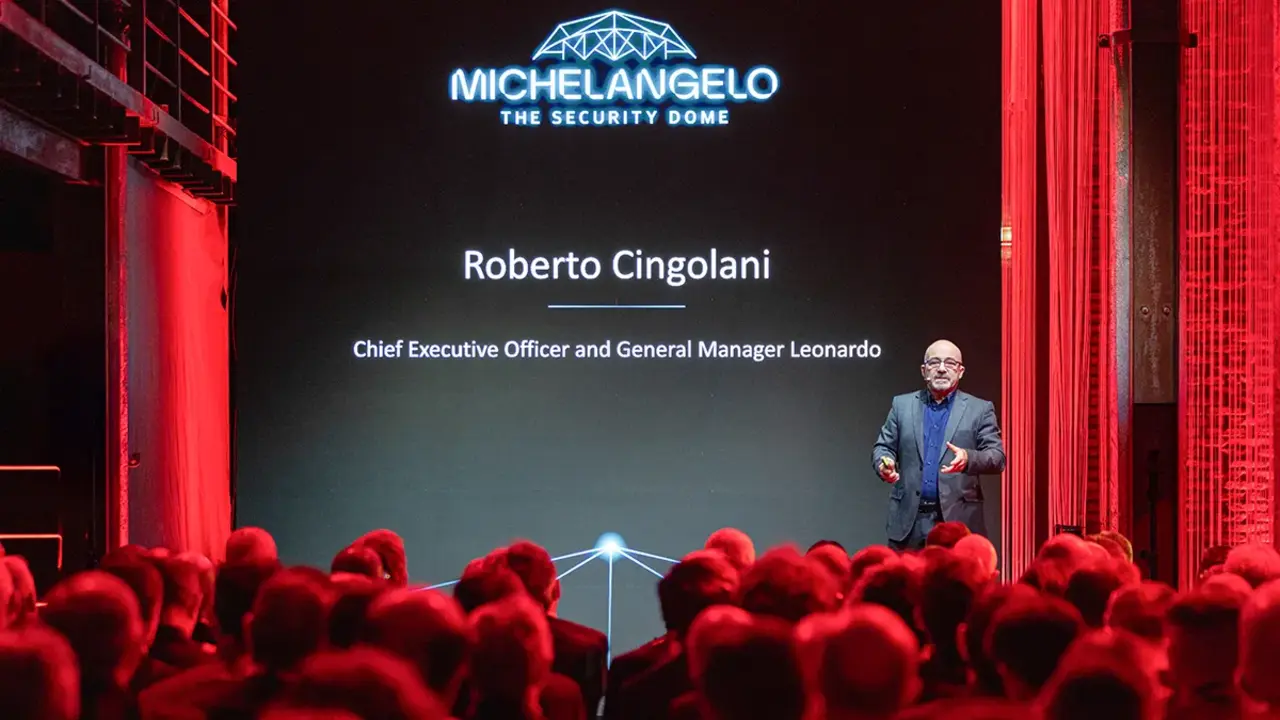Double national and European triumph for the Spanish company PLD and its Miura 5 rocket
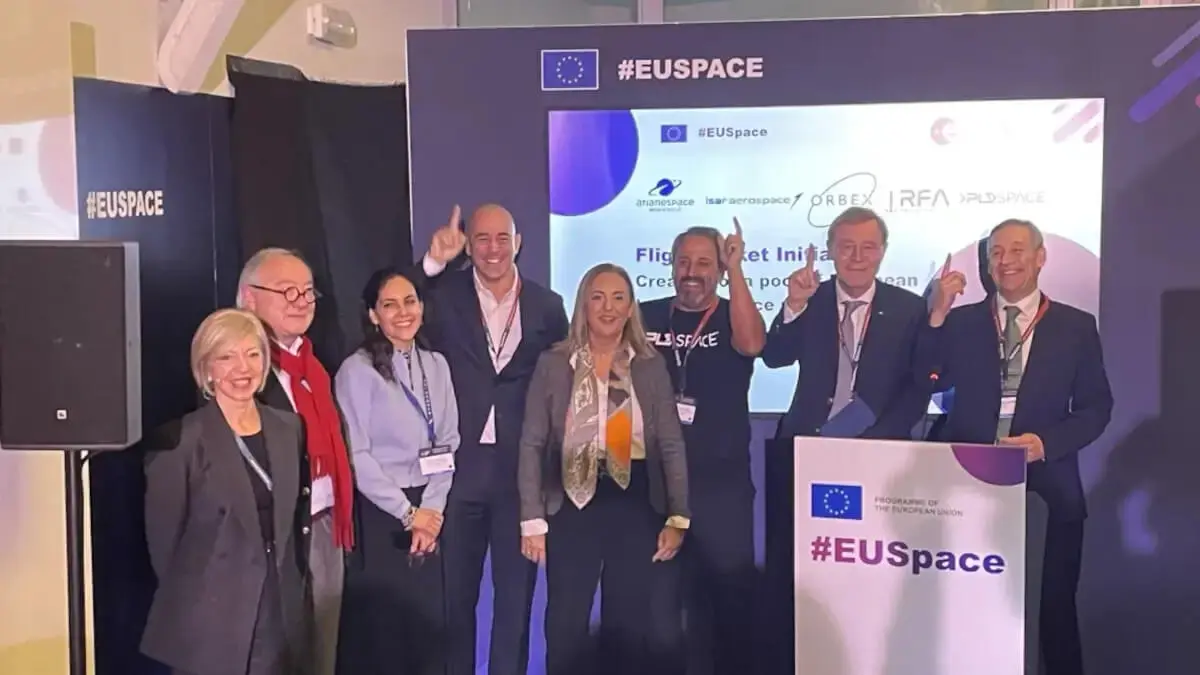
The PLD Space company based in Elche (Alicante) has just won two important victories that mark the path along which its ambitions, plans and activities will take in the coming years.
One victory has been achieved at national level and the other at international level. From a contractual point of view, they are not directly related to each other, but the conjunction in time of both successes has given renewed impetus to the efforts of the company chaired by Ezequiel Sánchez to move forward with its Miura 5 orbital launcher project, the successor to the Miura 1 demonstrator.
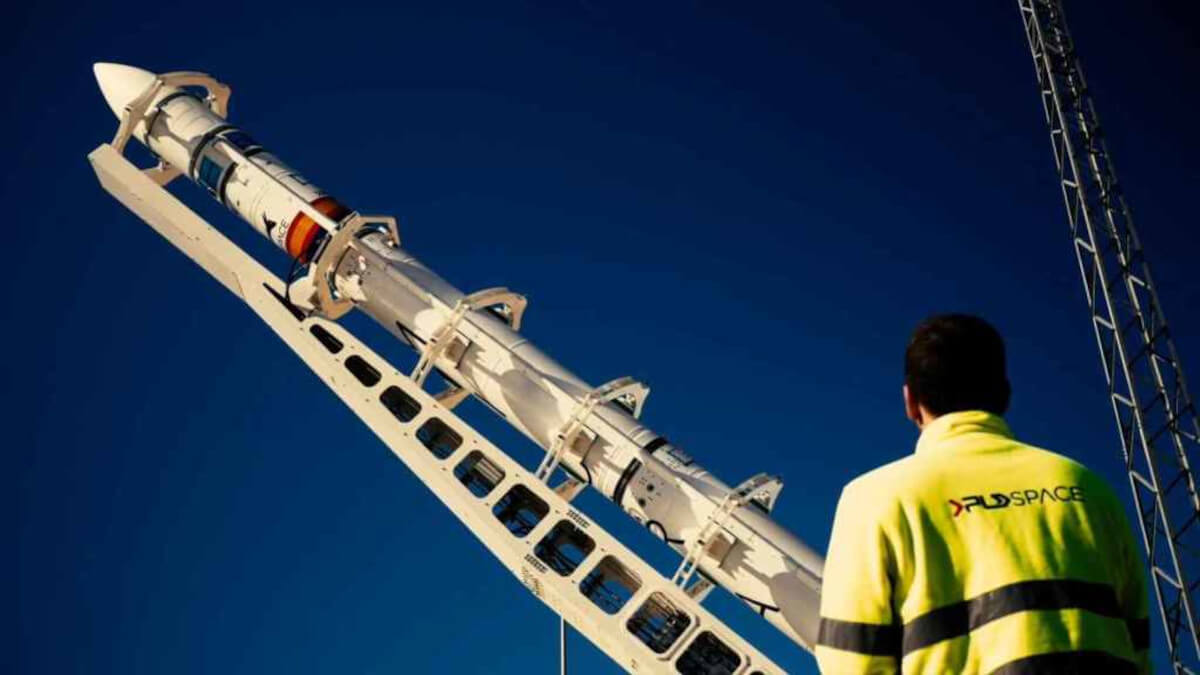
PLD has entered the New Year with a resounding triumph in the European arena. This has a major impact on the company's hopes of gaining access to the demanding institutional market for orbital launch services, a business sphere to which Brussels and the European Space Agency (ESA) have opened the doors to new operators.
PLD's second and most recent triumph is directly linked to a national decision, made public on 26 January by the Centre for Technological Development and Innovation (CDTI). In both cases, the company has won two competitive competitions, in which its engineers had to demonstrate the technological capabilities of the company and its proposed Miura 5 micro-launcher.
PLD won the pre-commercial competitive tender organised by the CDTI within the framework of the PERTE Aerospace. It was competing with Pangea Aerospace, since in July 2023 both were selected to develop a national micro-launcher capable of placing small satellites in orbit.
Less than 50 million to develop an orbital launcher
The first phase of the competition took place during the second half of 2023, in which both PLD and Pangea obtained €1.5 million from the CDTI for pre-feasibility work on their respective projects. For the second phase, both were playing for their lives.
One of the two would receive the full 40.5 million for being designated the company responsible for developing, integrating, verifying, validating and building the prototype of what is set to be the first Spanish micro-launcher for small satellites. And that was PLD. This amount of millions is not non-refundable, but is to be returned to the State coffers over the first ten years of the Miura 5's commercial activities.
Much of the studies and preparatory work carried out by PLD to demonstrate the viability of the Miura 5 has been executed in parallel with the launch campaign, firing and lessons learned with the Miura 1, whose maiden flight took place last October from the Ministry of Defence facilities in Huelva.
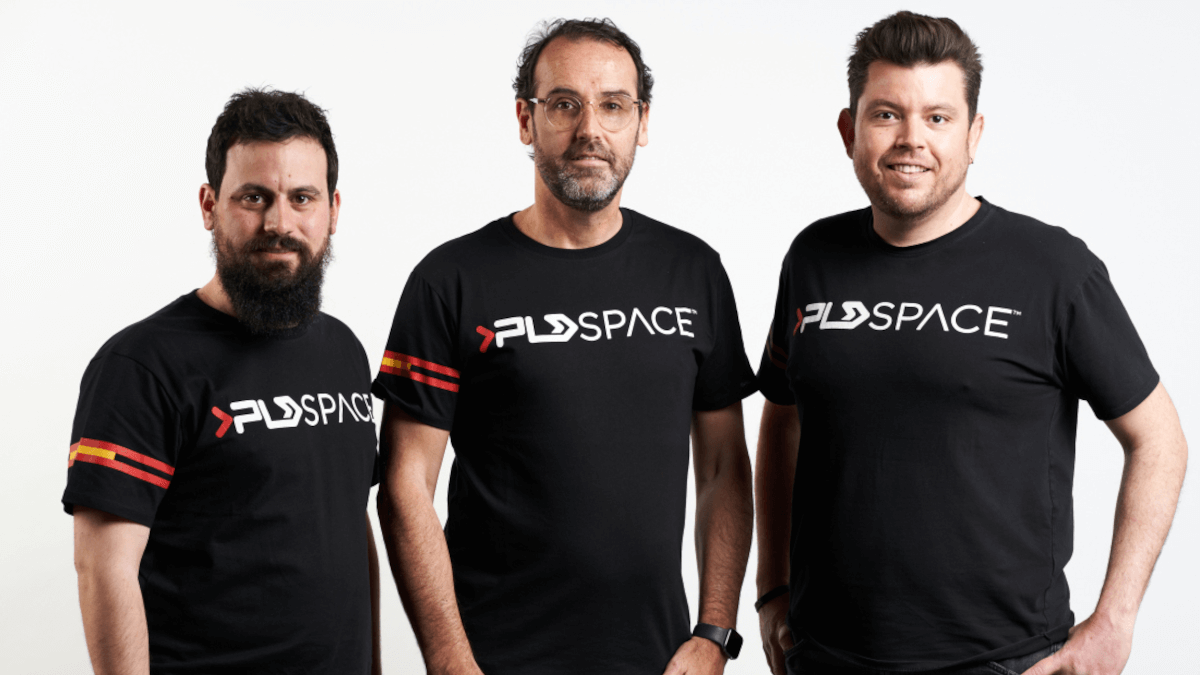
A few weeks ago, Pangea and PLD submitted to the Evaluation Commission the results of the first phase and the resulting Preliminary Design Review (PDR) document of their proposals for the second stage of the competition. Formed by a small and select team of independent experts and specialists, the Commission carried out the rigorous technical analysis, which resulted in the winner of the project presented by PLD.
For PLD's CEO, Ezequiel Sánchez, the technical decision in favour of PLD Space "confirms that our technological development strategy is correct and that it is based on a solid business plan". At the other extreme is the solution proposed by Pangea and discarded, which is based on using its Arcos aerospike engine for the first stage of its launcher.
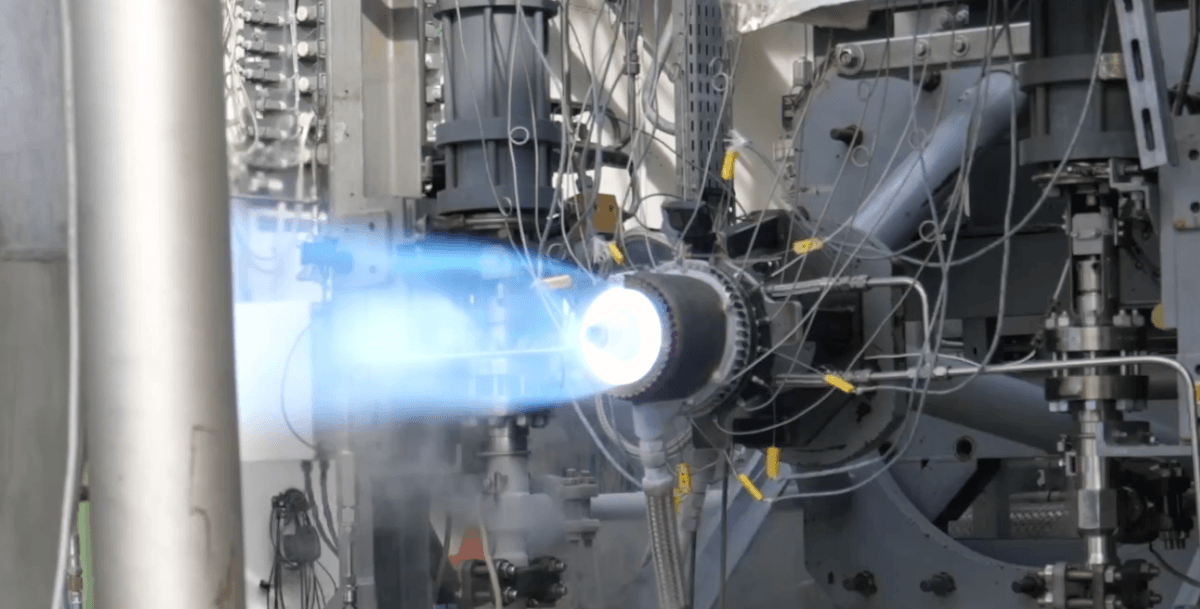
One Spanish company among two German, one British and one French company
Although tested for decades, aerospike engines are still a disruptive technology that has not yet been used in any rocket in service. The main reason is that "the small increase in performance it brings does not compensate for the high degree of complexity and technical risk involved," says a propulsion specialist.
Just three days before the decision taken by the CDTI's Evaluation Commission, PLD was chosen as the only Spanish company among the five European companies selected to participate in the European Flight Ticket Initiative, a programme sponsored by the European Union and ESA to provide space access opportunities for new technologies.
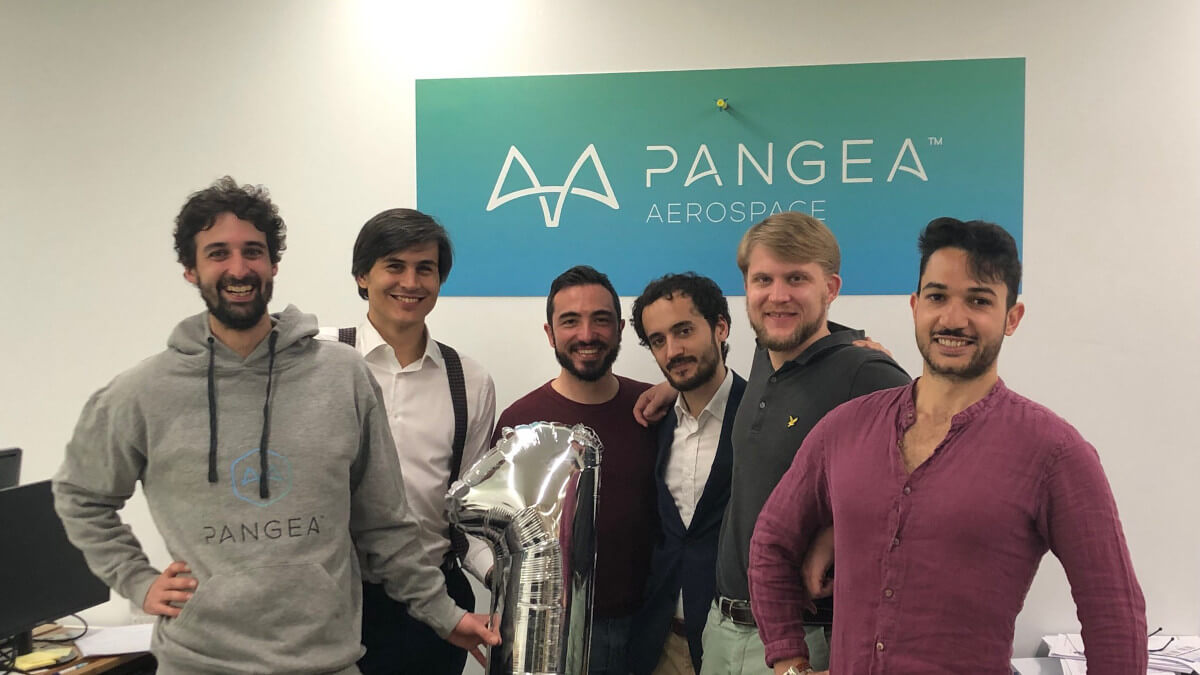
The European Flight Ticket Initiative aims to "stimulate the European small launcher sector through public funding of launch services," says Toni Tolker-Nielsen of Denmark, ESA's Director of Space Transport.
Alongside Spain's PLD, two others from Germany (Isar Aerospace and Rocket Factory Augsburg) and one from the UK (Orbex) have been selected. All are start-ups, which have programmes underway to develop micro-launchers, but have not yet carried out any orbital launches, although they all hope to do so in the coming months or in a maximum of two years. The fifth selected is France's Arianespace, which offers to carry small satellites on its Vega C and Ariane 6 rockets.
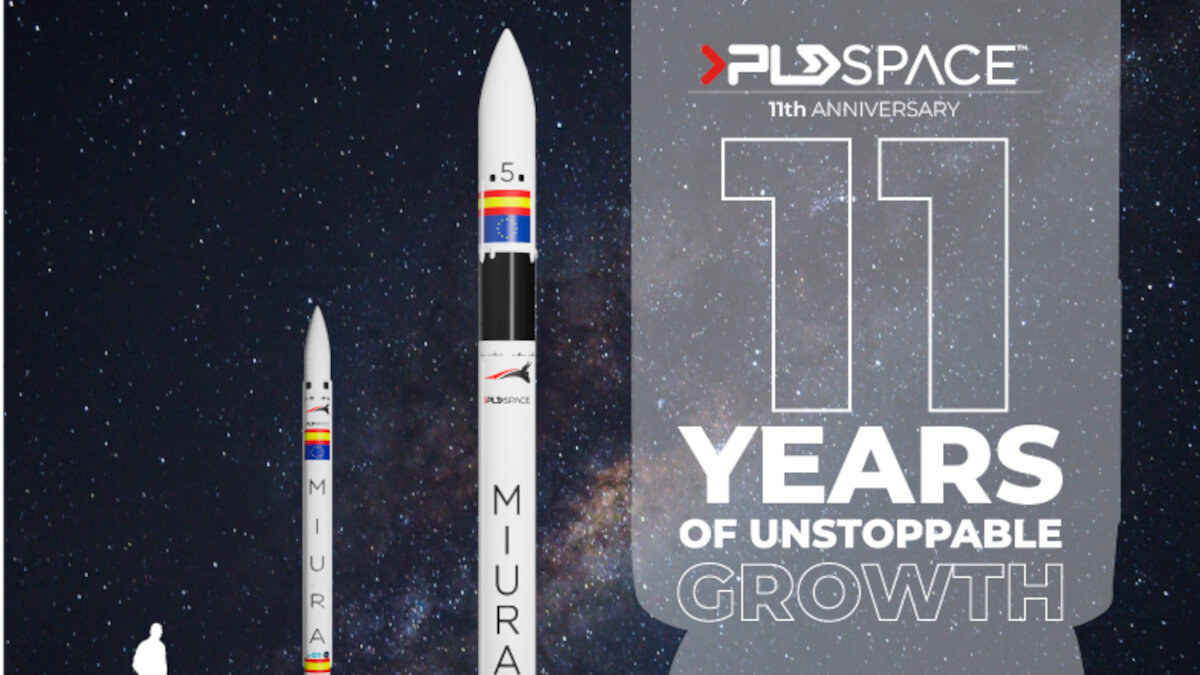
PLD thus faces 2024 with two major assets to its credit, which at the local level are its two most immediate activities running in parallel. On its test benches at Teruel airport, it must immediately begin testing the main components of its new Teprel-C engine - turbopumps, combustion chambers and gas generators - which will power the Miura 5.
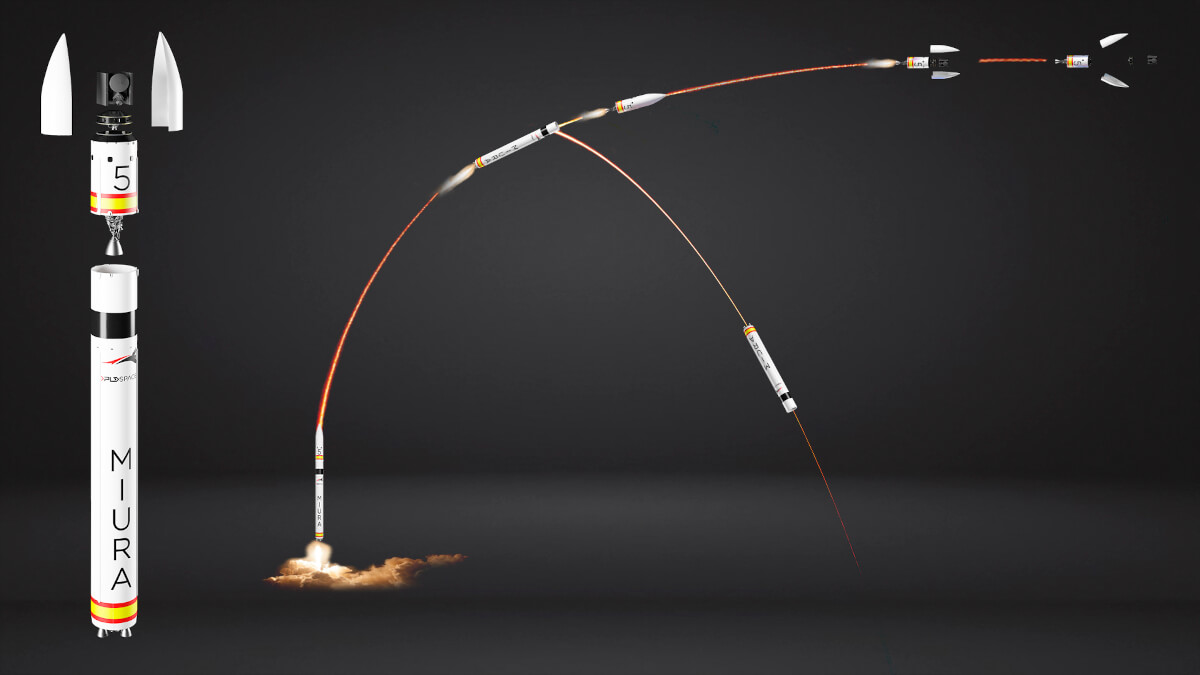
And no less important is the completion of the company's new facilities, which are under construction in Elche and which will be the production and integration site for the Miura 5, whose prototype must be completed by the end of 2025, a milestone that is very difficult to reach due to time constraints.


